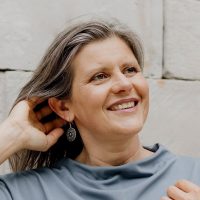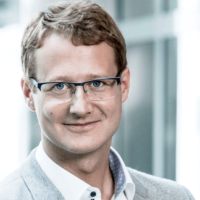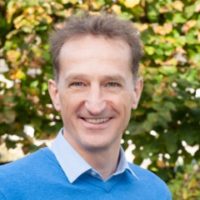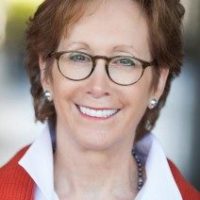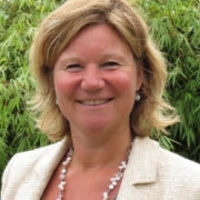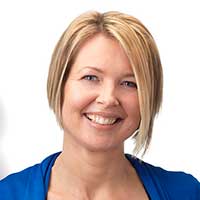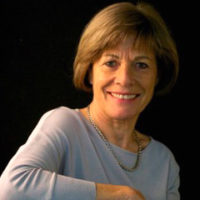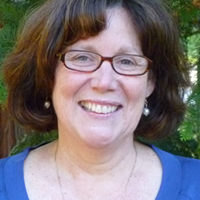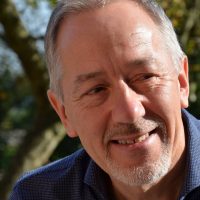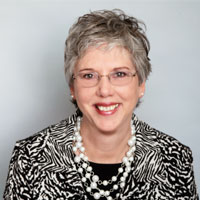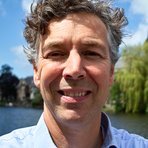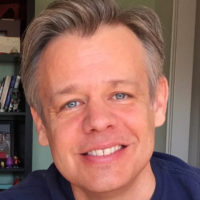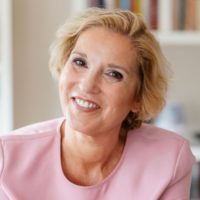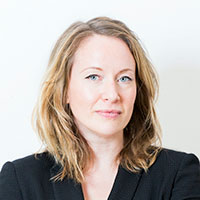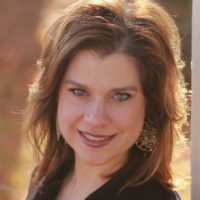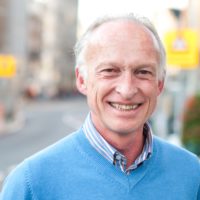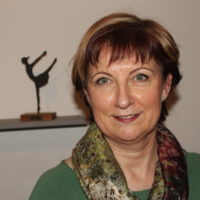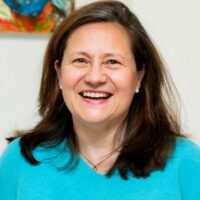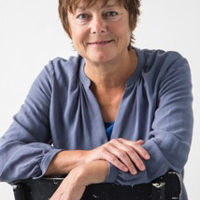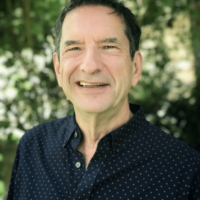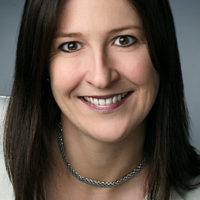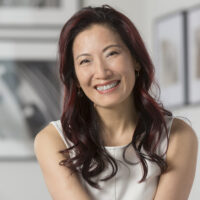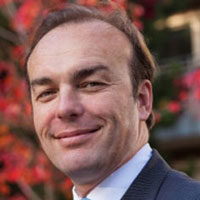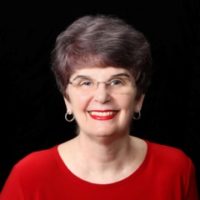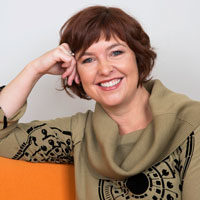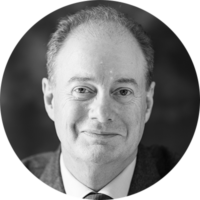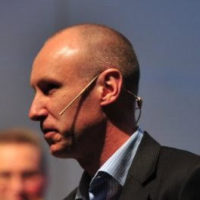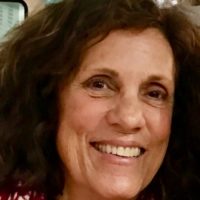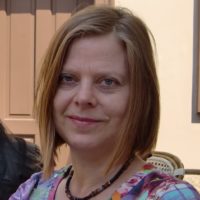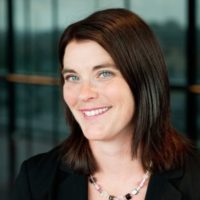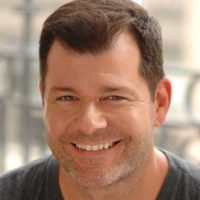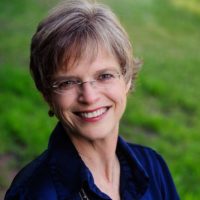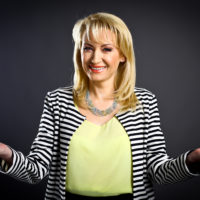Several weeks ago, Ken Burns’ The Roosevelts, a new seven-part documentary on the extraordinary lives, accomplishments, and challenges of Theodore, Franklin, and Eleanor Roosevelt made its premier on Public Television in the U.S. The series offered an in-depth look into the sense of mission and purpose, as well as the struggles and sacrifices, of these three giants of 20th-century American history and the enormous impact they made in shaping the United States as we know it today.
That same week, New York Times columnist Charles Blow wrote of his personal struggle with sexual identity and standing in his own integrity and truth in “Up From Pain.”
What strikes me about both the documentary and the New York Times article is that they are both ultimately about stepping into the fullness of who you are – who you feel called to be and what you feel called to do – regardless of the circumstances, fears, or doubts that stand in your way. Through the documentary, we get to witness the “learning in full-on experience” of three of America’s greatest leaders. Through the article, we witness a contemporary writer coming to terms with that “full-on experience.”
Many years ago, I came to the understanding that we each enter this life with three fundamental assignments. The assignments are the same for all of us, yet they play out in our lives in very different ways.
The first assignment is to know yourself. I don’t just mean to know who you are on the surface, what you like and don’t like, your astrological sign, or your Meyers Briggs type. I mean to know yourself at the depths of your being – to know what makes you tick, what is important to you and why, and to be willing to sit with your fears and doubts as well as your joys and delights and not run away. It’s a life-long process.
The second assignment is to discover your soul mission or life purpose and live it. The assignment is to discover why you are here and then create a life that is inspired and informed by that mission. Living your soul mission is the greatest gift you can give to the world. It’s a “sacred contract,” to use Carolyn Myss’ term. When you live your soul mission, you make a difference in the world. Living your soul mission is also your greatest lesson, because you have to live it for yourself before you can live it for others.
Which takes us to the third assignment: to learn the lessons that come along while you are fulfilling the first two.
That’s it. That’s why we’re here. It’s really that simple. Yet we make it so much harder, both on ourselves and on others.
One of Ken Burns’ great gifts as a documentarian is his humanity. He has an incredible ability to tell the full human story with compassion and respect. So in The Roosevelts, we not only learn about the great accomplishments of these three famous leaders; we also get a deep look into their personal weaknesses, fears, doubts, depressions, and regrets. We get to know these three giant figures of 20th-century America as human beings who, in their own ways, were just learning how to live the life they had been given. Whether we live our lives in view of the public or are known only by a few, the three basic assignments are the same.
TR, FDR, and ER, as they were publicly known, were all very clear about why they were here. They were also incredibly committed to living out those missions in spite of very significant personal challenges. Theodore Roosevelt dealt with bouts of deep depression. Franklin wrestled with deep-seated insecurities, depression, and, of course, the profound pain and struggles from having polio. Eleanor suffered deeply from an emotionally painful childhood as well as from Franklin’s well-known philandering. All three of them sparked controversy with nearly every project they undertook. Yet all three kept going forward in spite of vicious and sometimes degrading attacks by their political foes. And all three acknowledged that their work in service of a greater good was what saved them. Living out their missions, saying yes to their inner callings, gave them strength to keep going.
In the September 19th New York Times Sunday Review, Charles Blow wrote:
Daring to step into oneself is the bravest, strangest, most natural, most terrifying thing a person can do, because when you cease to wrap yourself in artifice you are naked, and when you are naked you are vulnerable.
But vulnerability is the leading edge of truth. Being willing to sacrifice a false life is the only way to live a true one.
I had spent my whole life trying to fit in, but it would take the rest of my life to realize that some men are just meant to stand out. I would have to learn to simply relax and be: complex, betwixt and between, and absolutely all right.
The human experience is complex and complicated. No one is exempt. Yes, some have an easier path than others, yet when we come back to those three fundamental assignments, we’re all here for the same reason: to learn.
While reflecting on the final Roosevelts episode, the phrase that came to me was, “Learning In Full-On Experience.” The acronym, of course, is LIFE. Life is indeed a full-on experience. Every one of us has had accomplishments we are proud of and things we are happy for the world to see. And we have each had moments of pain, disappointment, and choices that we wish had been different. It’s all part of the human experience. Yet as a culture, we aren’t so good at acknowledging that.
As I reflect on the lives of TR, FDR, and ER, and on Charles Blow’s words, these questions arise:
- What if we could allow ourselves our full human story?
- When our lives get messy, complicated, and complex, what if we could focus on our learning rather than judging ourselves for where we are?
- What if we could step beyond societal and family expectations for success or for following a particular path and commit to living the lives that we know in our hearts we are called to live?
And stepping beyond ourselves:
- What if we could allow those around us their full human story?
- What if we could allow our society its full human story?
- What if we could allow our leaders and role models their full human story?
It’s not about having an excuse for anything. It’s not about rationalizing away what we did or didn’t do. It’s just about acknowledging that if we put our focus on what we are learning, and then make our choices and decisions going forward based on our new awareness, life might be easier for all of us.
LIFE. Learning In Full-on Experience.
P.S. If you want to discover your soul mission or life purpose as your path for learning and growth, visit the Soul Mission page on our website. There you will find several resources to support you, including my book, Soul Mission * Life Vision, as well as an audio course, a coaching package, and an intensive four-day workshop. Together, we can help you take your next steps.
If you enjoyed this blog post and found it helpful or inspiring, I invite you to subscribe to our free weekly newsletter by clicking here.


